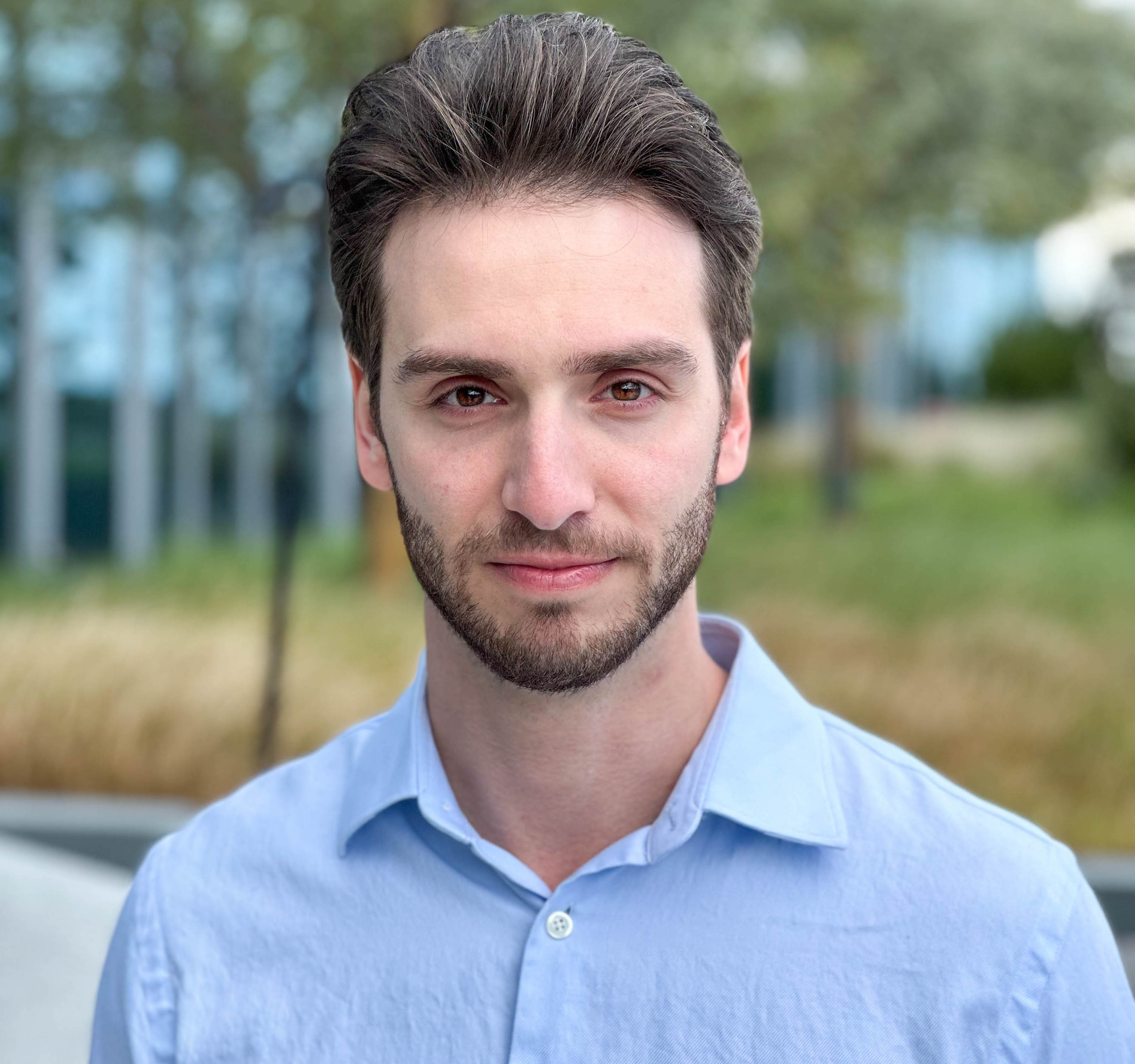
Michael Rubloff
Apr 4, 2025
The Nerfstudio team has released version 1.5 of gsplat, their Gaussian Splatting plugin, bringing substantial performance improvements, codebase refinements, and new optimization tools. As Gaussian Splatting continues to gain traction across real-time rendering, 3D reconstruction, and visual effects pipelines, this release makes the workflow faster, more efficient, and easier to integrate.
It had been a while since gsplat 1.4 released, but there are several nice updates contained inside of the repository that is powering a large portion of companies 3DGS implementations.
Key Highlights
3.5× faster compilation
A significant CUDA refactor has reduced build time from 4 minutes 19 seconds to just 1 minute 22 seconds, greatly improving iteration speed.Up to 25% faster rasterization
Improvements to GS-tile intersection accuracy have resulted in more efficient rendering performance.New optimizer:
SelectiveAdam
A CUDA-fused Adam optimizer with masking support is now available viagsplat.optimizers.SelectiveAdam, enabling more targeted and memory-efficient training.
Alongside the headline improvements, this release brings a number of updates across the codebase. The CUDA kernels powering 2DGS have been thoroughly annotated and refactored, improving both readability and future extensibility. Depth and normal calculations for 2DGS have been corrected, and densification now occurs after the optimizer step, fixing a long standing issue and enhancing training stability.
Memory usage has been reduced when using fisheye camera models, and support for non-trainable parameters has been added, opening the door for more flexible experimentation. Exporting is now more streamlined as well, with .ply support implemented via Open3D.
Other updates include fixes for rasterization edge cases, JPEG artifact mitigation during Mip-NeRF360 training, and a wide range of quality-of-life improvements to evaluation scripts, training tools, and build processes. The team also reorganized the code structure for easier navigation, cleaned up unused code, and resolved issues affecting installation and CI environments.
For those looking to dig deeper, the full changelog and pull request history is available on the Nerfstudio GitHub repository.
gsplat has become one of the most widely adopted implementations for Gaussian Splatting, thanks to its high quality results, compatibility with Nerfstudio, and its commercially permissible license. This release strengthens its position by making training and deployment faster, more memory efficient, and easier to maintain.
All updates to Nerfstudio are exciting and it's great to see more be merged into the repository. Nerfstudio remains Apache 2.0 licensed and free to use.
- TRENDINGLoading...
- TRENDINGLoading...
- TRENDINGLoading...







